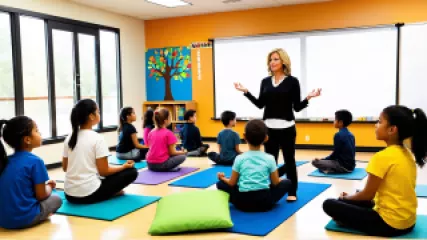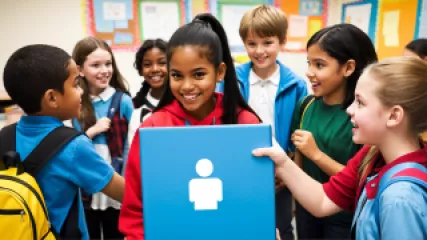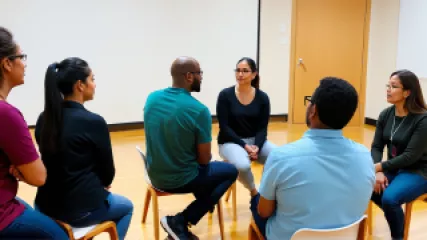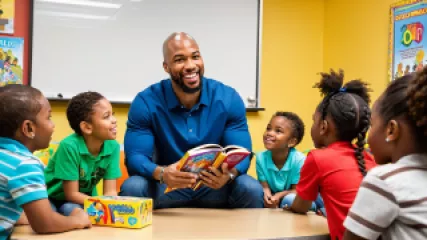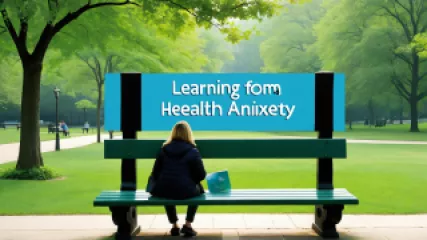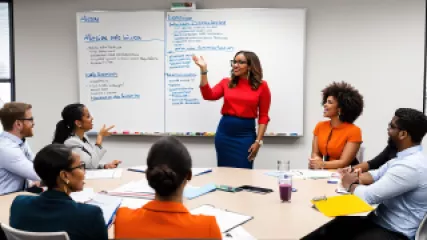Håndtering af Konkurrence blandt Jævnaldrende
Introduction:
Dealing with peer competition can be a challenging experience, as it often triggers feelings of stress, self-doubt, and anxiety. Whether you're facing rivalry in academics, sports, or the workplace, it's crucial to develop effective strategies for handling peer competition that promote your mental health and emotional well-being. In this article, we will explore the top 10 strategies to navigate the complexities of peer competition and emerge stronger from these situations.
1. Embrace a Growth Mindset:
One of the most effective strategies for handling peer competition is adopting a growth mindset. Instead of viewing your peers as threats, see them as opportunities for growth and learning. Embrace challenges and see setbacks as chances to improve rather than as failures. By believing in your ability to develop skills and talents over time, you'll be motivated to work harder and persevere, regardless of the competition.
2. Focus on Your Strengths:
Rather than comparing yourself to others, concentrate on your own strengths and unique qualities. Understand that everyone has their own areas of expertise and talents. Identify what makes you special and use it to your advantage. By acknowledging and leveraging your strengths, you can build confidence and stand out among your peers.
3. Set Realistic Goals:
Establishing realistic goals is essential when dealing with peer competition. It's important to set benchmarks that are attainable and aligned with your personal aspirations. Break down bigger goals into smaller, manageable steps, and celebrate each milestone you achieve. This approach allows you to stay motivated and maintain focus, without feeling overwhelmed by the pressure of competition.
4. Cultivate a Supportive Network:
Surround yourself with individuals who uplift and support you in your journey. Seek out mentors, friends, or family members who can provide guidance and encouragement during times of competition. Having a strong support system can help you navigate challenges, offer valuable advice, and remind you of your worth beyond the realm of competition.
5. Practice Self-Care:
Taking care of your mental and physical well-being is crucial when dealing with peer competition. Engage in activities that bring you joy, reduce stress, and promote relaxation. Whether it's practicing mindfulness, exercising regularly, or engaging in hobbies, self-care helps maintain a positive mindset and builds resilience in the face of competition.
6. Learn from Your Peers:
Instead of perceiving your peers as rivals, view them as potential mentors and sources of inspiration. Observe their strategies, learn from their successes, and analyze their approaches to challenges. By adopting an open mindset and embracing the opportunity to learn from others, you can gain valuable insights that may benefit your own growth and development.
7. Practice Gratitude:
Gratitude is a powerful tool for maintaining perspective and reducing the negative impact of peer competition on your mental health. Take time each day to reflect on the things you are grateful for, both within and outside the realm of competition. This practice can help shift your focus from comparison and rivalry to appreciation and contentment.
8. Maintain Balance:
Finding a healthy balance between competition and other aspects of your life is essential for your overall well-being. It's important to allocate time for relaxation, hobbies, and relationships outside of the competitive environment. By maintaining balance, you can prevent burnout, nurture meaningful connections, and foster a sense of fulfillment beyond the realm of competition.
9. Celebrate Others' Successes:
Instead of feeling envious or resentful towards your peers' achievements, practice celebrating their success genuinely. Recognize that their accomplishments do not diminish your own value or potential. By cultivating a mindset of abundance and supporting others in their journey, you create a positive and empowering atmosphere that benefits everyone involved.
10. Seek Professional Help if Needed:
If peer competition begins to significantly impact your mental health and well-being, seeking professional help is essential. A mental health professional can provide guidance, support, and coping strategies tailored to your specific situation. Remember that reaching out for help is a sign of strength, and it can help you navigate the challenges of peer competition more effectively.
Summary:
Handling peer competition requires a combination of self-reflection, mindset shifts, and proactive strategies. By embracing a growth mindset, focusing on your strengths, setting realistic goals, cultivating a supportive network, practicing self-care, learning from your peers, practicing gratitude, maintaining balance, celebrating others' successes, and seeking professional help when needed, you can navigate peer competition with resilience and promote your overall well-being. Remember, peer competition doesn't have to be detrimental; it can be an opportunity for growth and personal development.




